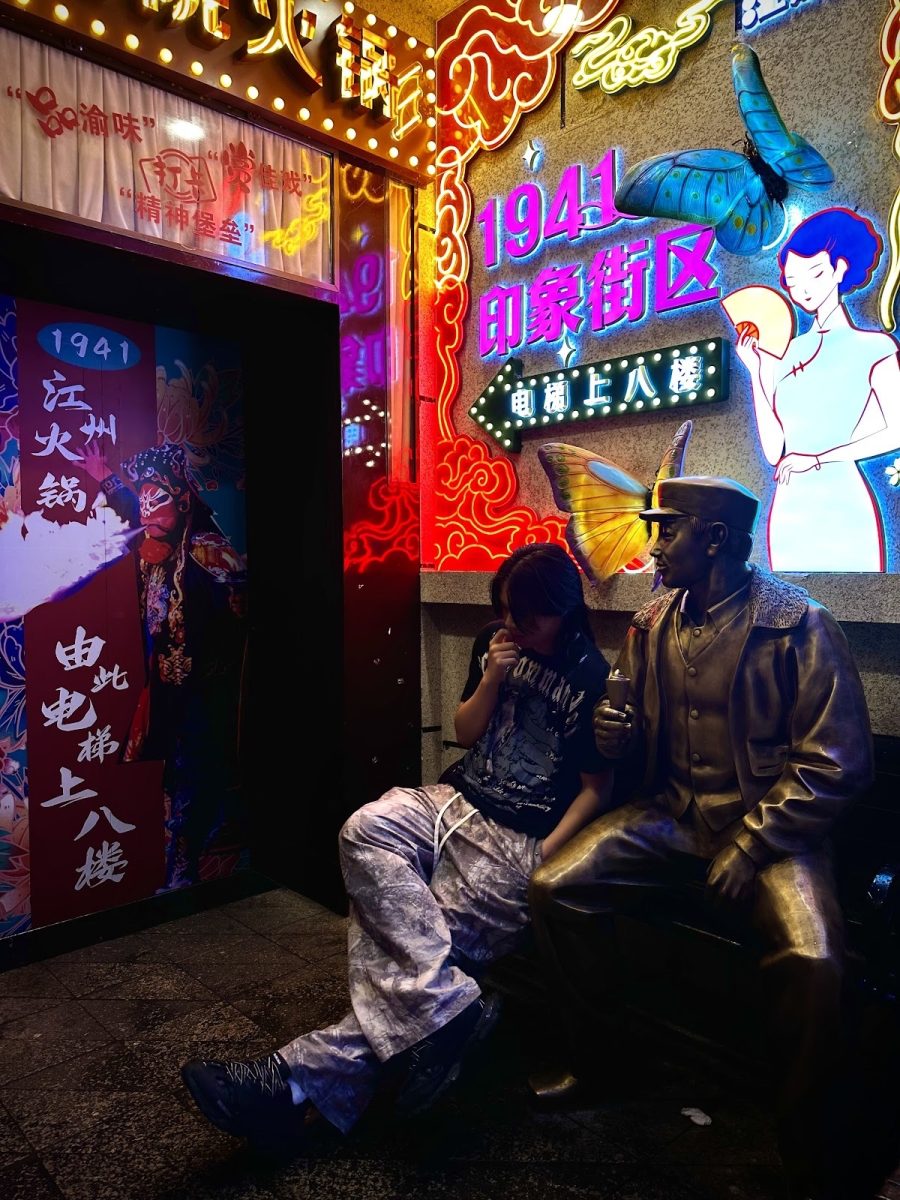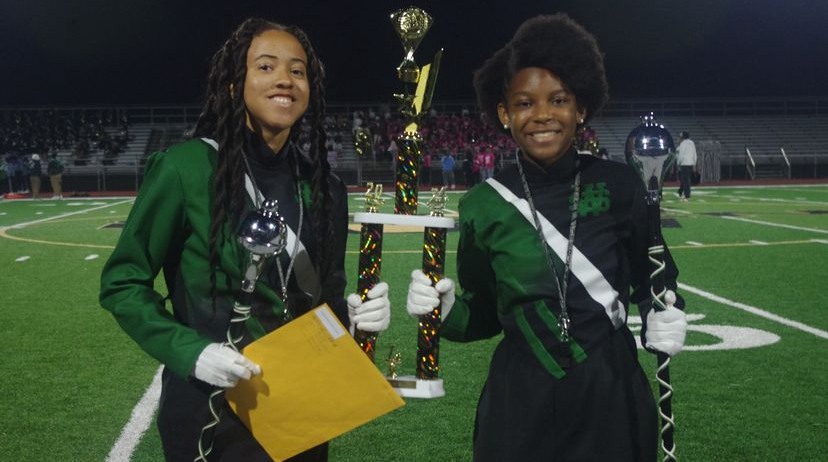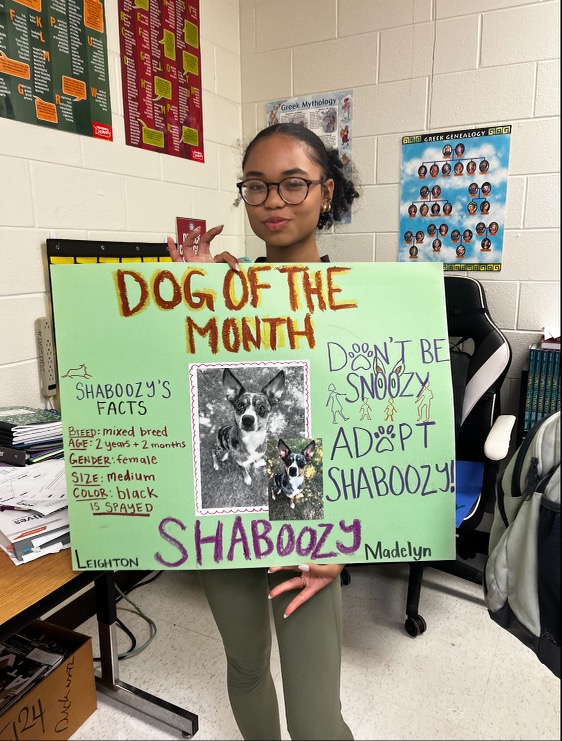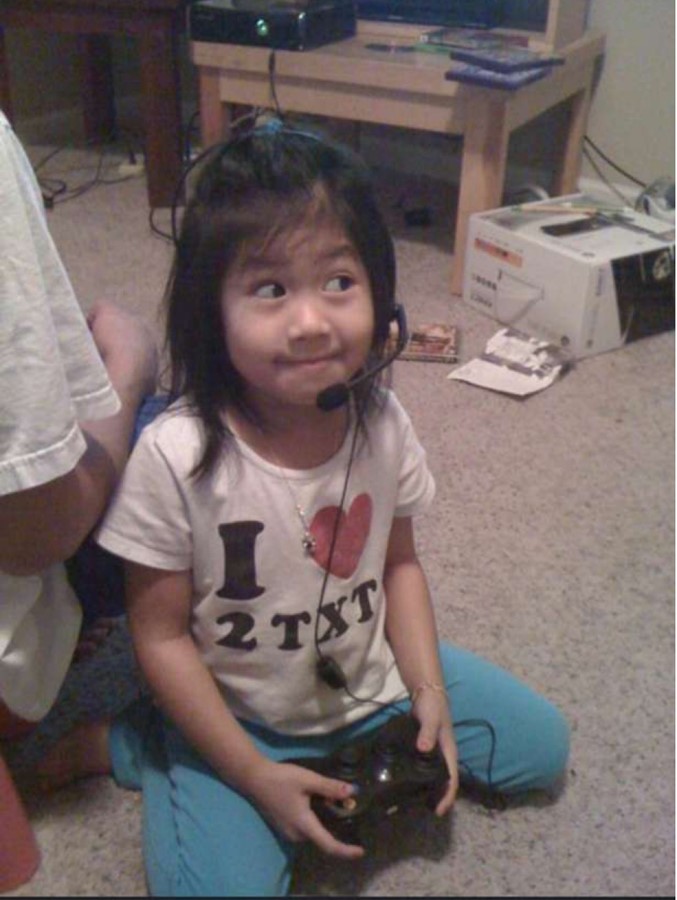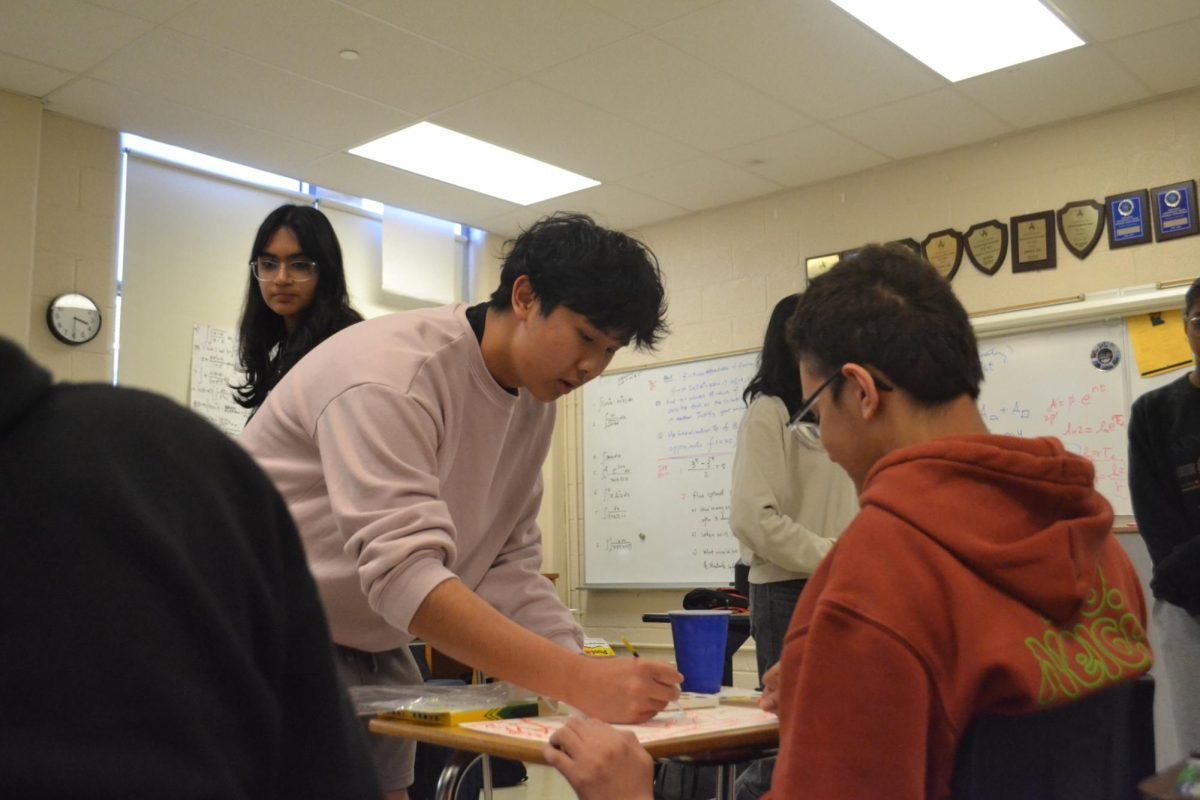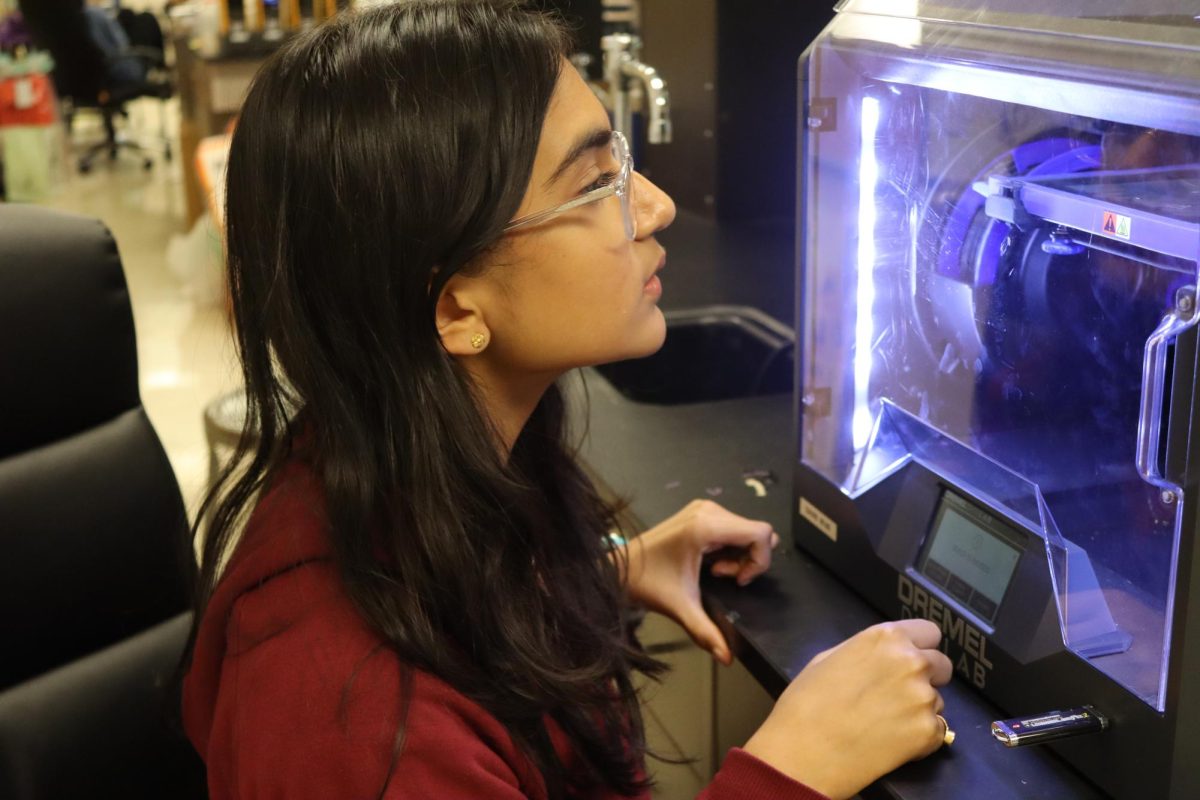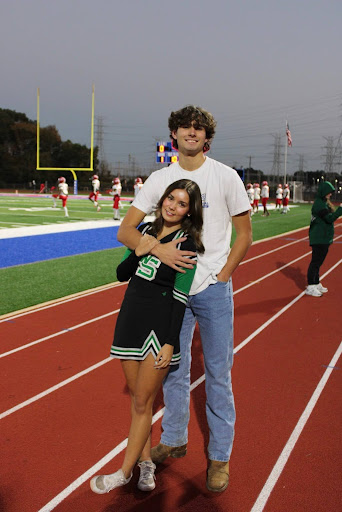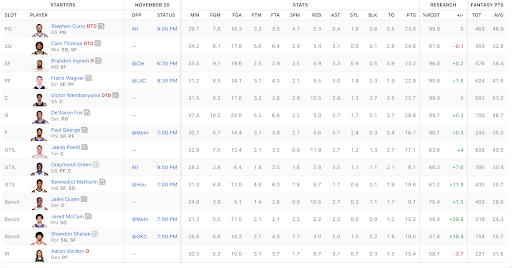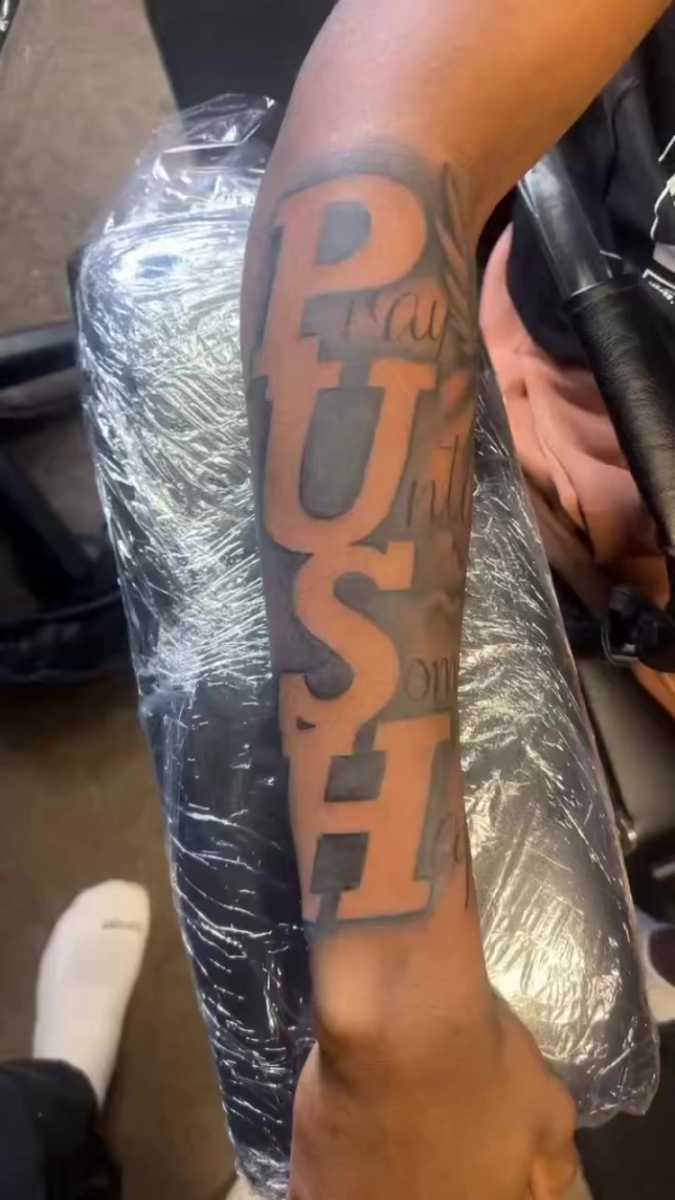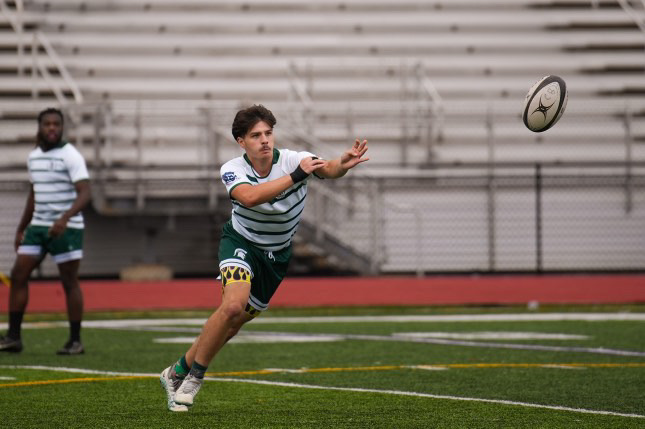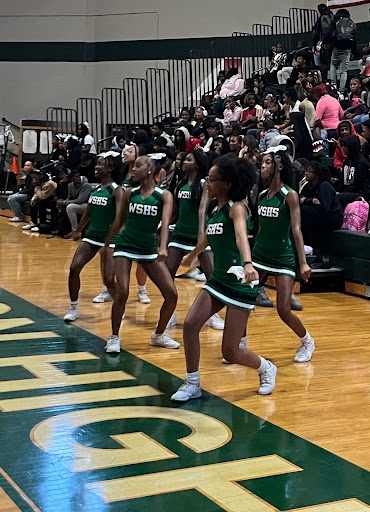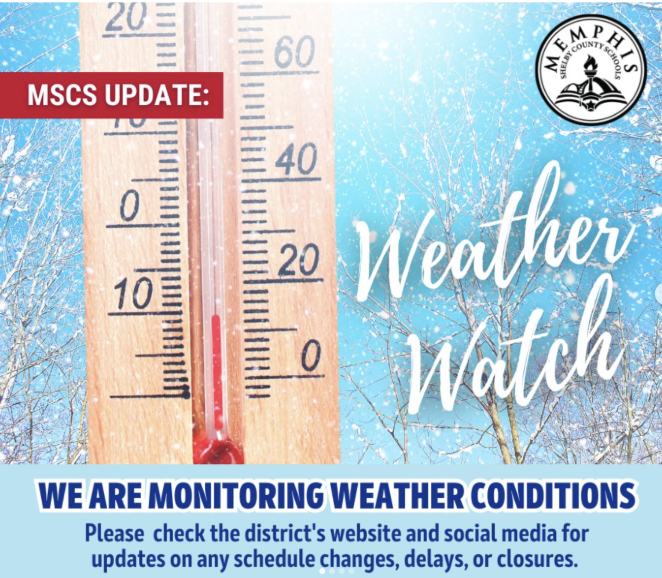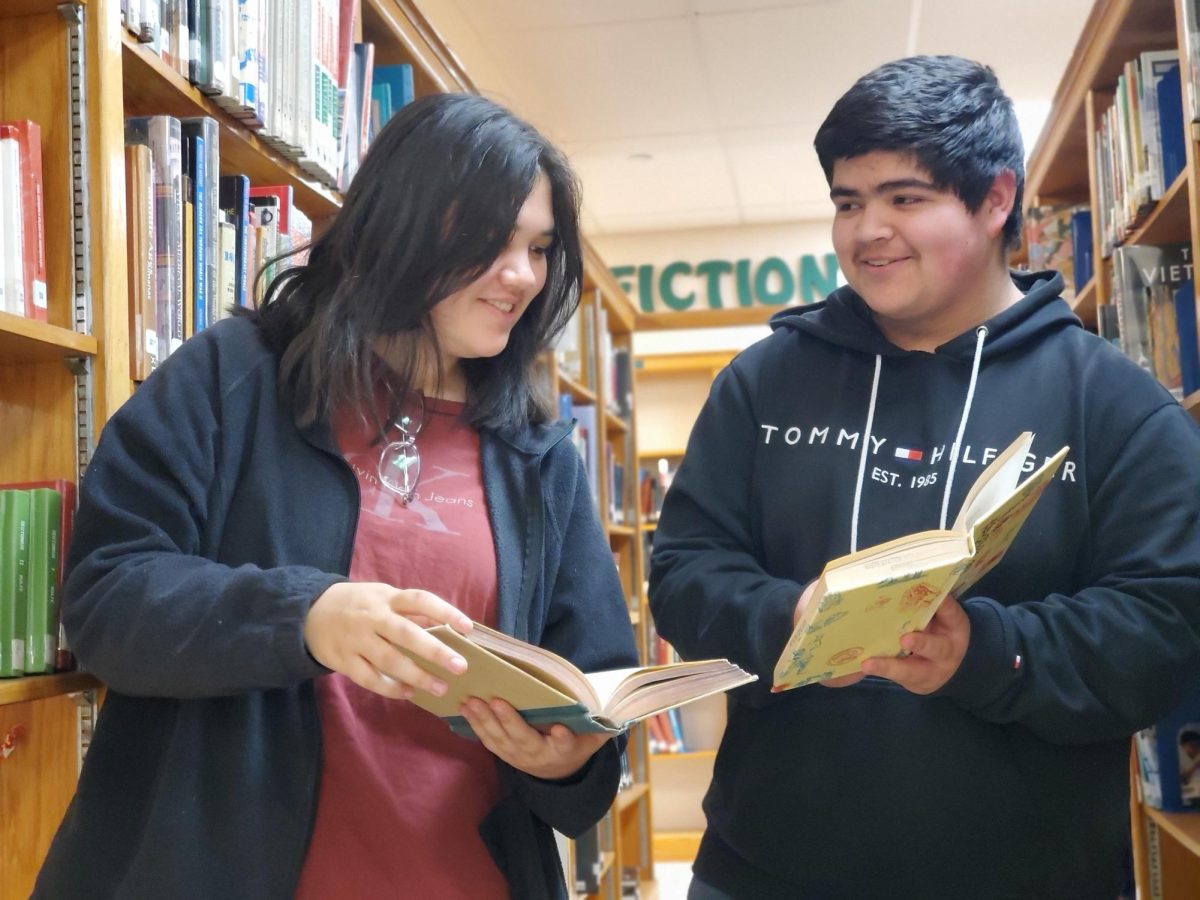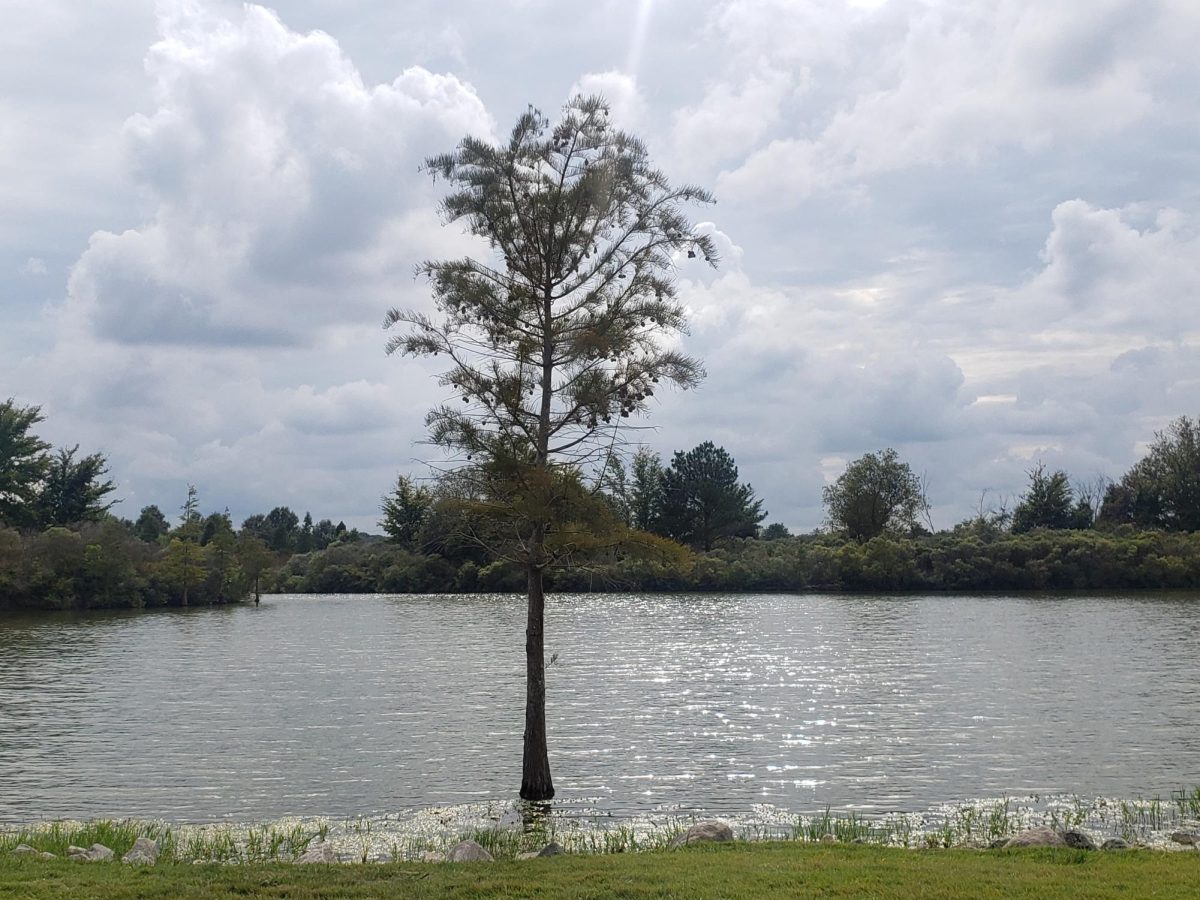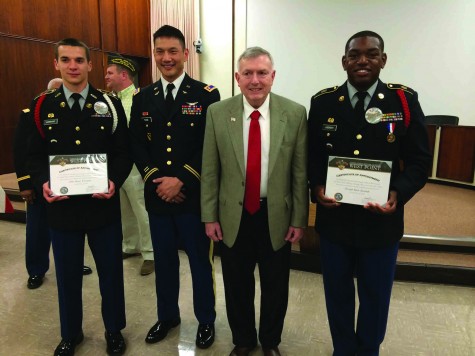Go Army
The future is now more realistic than ever before for seniors, with an unending wave of eagerness to graduate high school and move on to college.
Two White Station seniors, Joseph Asemah and John Varriano, have a different experience to look forward to that they have spent the last four years of high school training for: West Point, the United States Military Academy.
“Back in October, they invited me up to the Academy. They had a reception, and that night I found out that I had a letter of assurance (LOA), meaning that if I continued the application process, I would get the appointment,” Asemah said.
With an acceptance rate of 8 percent, West Point’s admissions process is very selective, and the application process is more intense.
Each student must fill out an application and send it to a senator or representative of his or her state. If the representative likes the student, he/she will be called in for an interview with a board
who will determine if the student is suitable for West Point.
“They have limited recommendations, so it is competitive. Each representative gets one recommendation per district per year,” Varrianno said.
Varianno received an LOE, Letter of Encouragemnt, rather than an LOA, in February. This meant that he would probably get accepted if he completed the application.
In some ways, the application process is similar to that of most colleges or universities.
“There are three essays you have to write, transcripts, and teacher recommendations,” Varriano said.
However, compared to most seniors, Asemah’s and Varriano’s application process was different because the two never considered applying anywhere else.
“I wanted to pursue an appointment to the Academy since eighth grade. I didn’t really know much about it but to me the whole concept, at the time, sounded cool,” Asemah said. “But it became more real after junior year.”
Varianno and Asemah have both been preparing for the intensity of training through years of rugby and physical activity.
“All we did in high school was physical training,” Varriano said. “We go up there June 28 and we have six weeks of cadet basic training. That’s what I’m looking forward to. It’s physical training, field training, and weapon familiarization.” Basically, “all the stuff you imagine the army doing,” Asemah said.
After summer ends, they will start the school year. Life on campus will only slightly differ from life on conventional college campuses. Like other colleges and universities, West Point offers academic majors and focuses highly on strong academics. The year is split up into three categories: academics, military and physical fitness.
“The academic is the biggest bulk of it. They give you an academic course to follow but in military structure. During the year you take academic classes and each semester you take a military training class,” Asemah said.
Training is often done over the summer as well, although it is not required.
“It’s like you have these opportunities that come to you at a cost of nothing but military service, so why wouldn’t you train,” Asemah said.
Luckily for the families of Asemah and Varriano, West Point is free besides a two thousand dollar stipend. Unfortunately, the parents will not be left without worry.
“I don’t think that fear has come yet. I think when graduation comes, though, they will come to the realization that we will be going more in harm’s way,” Asemah said.
“When you graduate, your commission is second lieutenant. Then you serve five years active duty. And then you either have the choice to stay in or you can get out of the military at that point,” Varriano said.
If someone decides not to continue after the five years of active duty, they have a college degree in a major of their choice, making it much easier to get back into the workforce.
But for the next four years, these two future cadets have a lot to get accustomed to. The nature of training will be the hardest.
“They have weird traditions. All first year cadets have to sit a certain way at breakfast, their backs can’t touch the chair, they have to look straight at symbol on their plate while they eat, [and] they can’t talk,” Asemah said.
Despite having some anxiety, the two are confident about the next huge phases in their lives.
“It’s a calling. That’s really cheesy, but it’s a calling,” Asemah said.
“That’s how it has always been,” Varianno said.
Donate to White Station Scroll
$560
$500
Contributed
Our Goal
Your donation will support the student journalists of White Station High School. Your contribution will allow us to purchase equipment and cover our annual website hosting costs.


